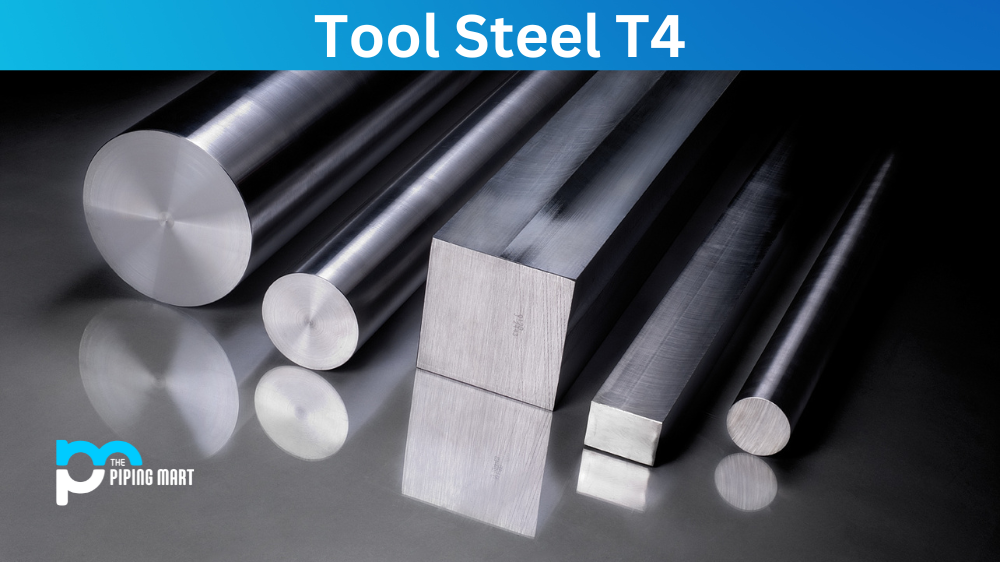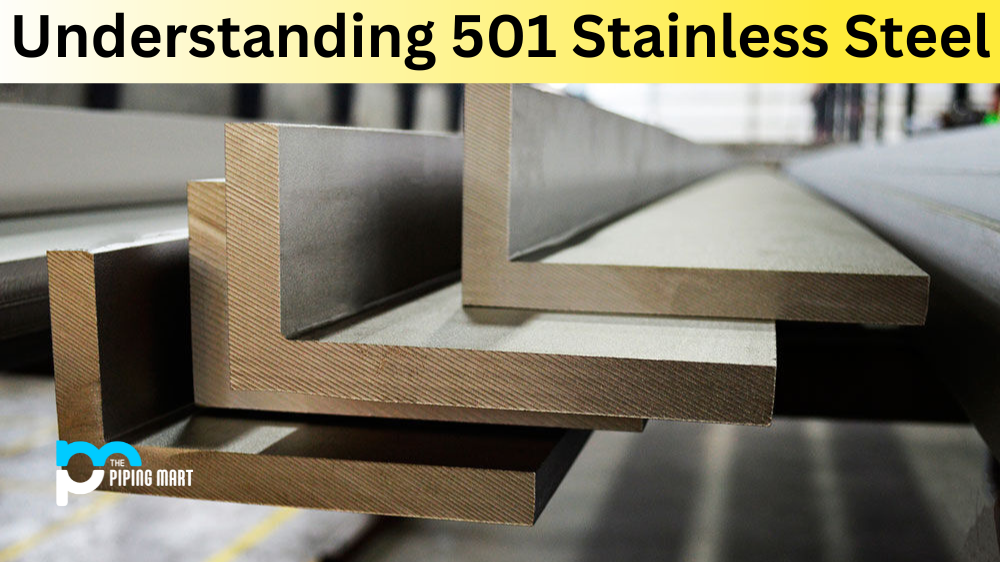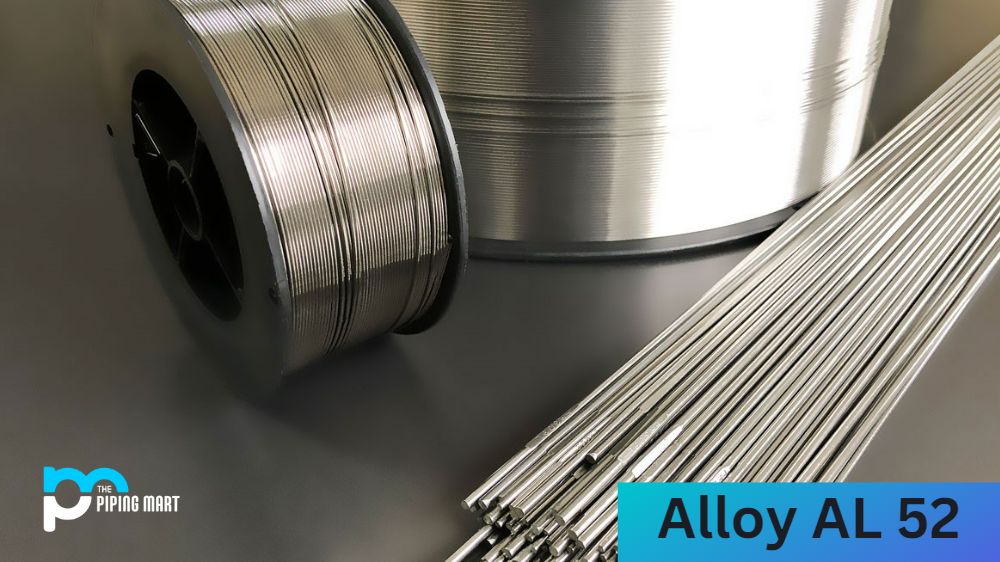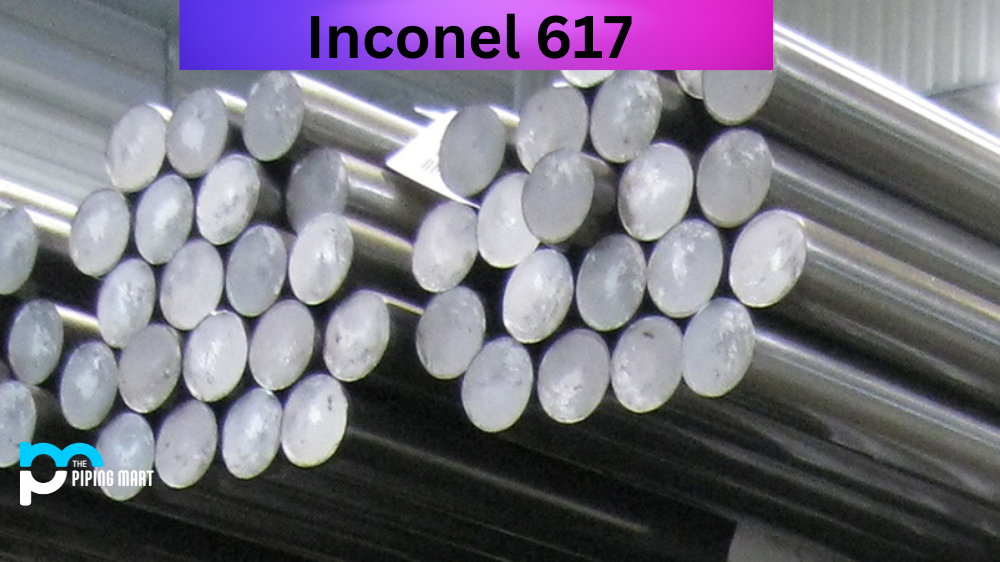Tool steel is a type of carbon steel well-suited for making tools. Its hardness, resistance to abrasion and deformation, and toughness make it perfect for many applications. There are a variety of tool steels, with each type designed for specific applications. In this blog post, we will be focusing on Tool Steel T4. We’ll go over its composition, properties, uses, and more. Keep reading to learn everything you need to know about Tool Steel T4!
Tool Steel T4 Composition
Tool Steel T4 comprises carbon, chromium, tungsten, and molybdenum. The carbon content is between 0.70-0.80%. Chromium gives the steel good hardness and toughness. Tungsten increases wear resistance and hardness at high temperatures. Molybdenum improves hardenability and toughness.
| Element | Content (%) |
|---|---|
| Tungsten, W | 17.5 – 19 |
| Cobalt, Co | 4.25 – 5.75 |
| Chromium, Cr | 3.75 – 4.5 |
| Vanadium, V | 0.8 – 1.2 |
| Carbon, C | 0.7 – 0.8 |
| Molybdenum, Mo | 0.4 – 1 |
| Silicon, Si | 0.2 – 0.4 |
| Manganese, Mn | 0.1 – 0.4 |
| Phosphorus, P | 0.03 max |
| Sulfur, S | 0.03 max |
| Iron, Fe | Balance |
Tool Steel T4 Physical Properties
Tool Steel T4 has good hardness and toughness. It also has excellent resistance to wear and abrasion. Additionally, it has good resistance to thermal shock and thermal fatigue cracking. It can be heat treated to a variety of different tempers.
| Properties | Metric | Imperial |
|---|---|---|
| Density | 8.68 g/cm3 | 0.313 lb/in3 |
| Melting point | 1432°C | 2610°F |
Tool Steel T4 Chemical Properties
Tool Steel T4 is an alloy of chromium and tungsten, with some vanadium for good measure. It’s characterized by extreme hardness and wear resistance, making it an ideal metal for various tooling applications. Its superior hardness comes from its chemical properties:
- High carbon content
- A relatively low silicon content
- Trace amounts of manganese and sulfur
Adding vanadium helps increase the steel’s overall strength, durability, and tensile strength, ensuring that tools made from T4 can withstand even the toughest jobs without sacrificing performance. And, of course, superior edge retention means tools stay sharper longer and work harder before they need to be sharpened again. Tool Steel T4 offers excellent properties making it well-suited for demanding cutting operations in any industry.
Tool Steel T4 Mechanical Properties
Tool steel T4 is an incredibly useful and versatile material known for its optimal hardness, good wear resistance and excellent cutting power. Its mechanical properties, such as yield strength, modulus of elasticity and thermal conductivity, make it ideal for various applications, including forming tools, cutting tools and moulds, and plastic moulding tools. It is also possible to heat treat Tool steel T4 to improve its hardness while maintaining good wear resistance. Due to this outstanding versatility, Tool Steel T4 find use across many industries requiring tooling and forming operations.
| Properties | Metric | Imperial |
|---|---|---|
| Modulus of elasticity | 190-210 GPa | 27557-30458 ksi |
| Poisson’s ratio | 0.27-0.30 | 0.27-0.30 |
Tool Steel T4 Uses
Tool Steel T4 is often used for forging dies, hot upset dies, coining dies, thread rolling dies, etc. It can also be used for hard work tooling applications such as blanking or stamping dies, Punches (extrusion), cutting tools (turning or dull), drawing or forming dies (cold heading), thread rolling dies (cold heading), etc.
Tool Steel T4 Corrosion Resistance
Tool steel T4 is known for its corrosion resistance, making it an ideal choice for many hazardous applications. It can resist corrosion even in moist environments and has been tested to remain rust-free after submerging in saltwater. Compared to other steels, T4 offers superior protection against the elements and chemical reactions resulting from water or oxygen exposure. This strong metal can be used for various tasks due to its compatibility with various materials, structures and atmospheres. Thanks to its corrosion-fighting properties, tool steel T4 is an excellent addition to any industry where long-term protection from moisture and degradation is a priority.
Tool Steel T4 Heat Resistance
Tool steel is a special type of alloy that offers an exemplary combination of strength, hardness and heat resistance. Thanks to its superior properties, it is often used in the most arduous situations and missions, requiring the tools to be extremely resistant to heat and wear. Even under such conditions, T4 tool steel outshines its peers with its extraordinary heat resistance. As a result, it is trusted by professions like welding and blacksmithing, where temperatures can reach upwards of 600 degrees Celsius. Despite being incredibly strong, T4 also resists warping, cracking and fatigue – making it extremely reliable and long-lasting. Its unique blend makes it one of the most sought-after alloys for mission-critical applications.
Tool Steel T4 Heat Treatment
Tool steel is incredibly versatile and hard-wearing, making it a great choice for many applications where robustness and precision are key. T4 heat treatment is used to further increase the strength and malleability of tool steel, making it far more durable in challenging industrial conditions. The process involves heating the steel to a temperature typically between 850 and 1,000 degrees Celsius, then cooling it to below 150 degrees before tempering. This creates a tough surface without compromising its overall elasticity – ideal for tools that absorb vibration and impact from heavy use. Although the exact process may vary based on the chemical composition of the tool steel itself, T4 heat treatment is becoming increasingly popular as more people look for ways to make their tools as reliable as possible.
Tool Steel T4 Welding
Welding tool steel T4 requires special skills and techniques not found in welding other metals. This type of steel is heat-treated and needs to be welded in the annealed state because the hardening from welding might compromise its high-strength characteristics. The key to successfully welding tool steel T4 is preheating before the weld, minimizing preheat if possible, controlling the interpass temperatures during multiple-pass welding, and ensuring proper cooling after completion. Skilled welders who can pay attention to these details will give you optimal results with this alloy.
Tool Steel T4 Machining
Tool Steel T4 can be machined using all conventional methods such as sawing, turning, drilling, milling, etc. However, it should be noted that this steel is difficult to machine due to its high hardness and wear resistance. To improve machinability, it can be annealed before machining. Welding Tool Steel T4 Welding of Tool Steel T4 can be performed using all standard welding methods, including arc welding, gas welding, resistance welding, etc. Preheating is not required but may be necessary in some cases due to the high carbon content. When welding this steel, care should be taken to avoid overheating, as this can lead to cracking.
Conclusion
Tool Steel T4 is a versatile tool steel that can be used for various applications requiring good hardness and toughness. It comprises carbon, chromium, tungsten, and molybdenum, which give it its properties. This steel is difficult to machine but can be welded using all standard methods. Preheating may be necessary when welding due to the high carbon content.




